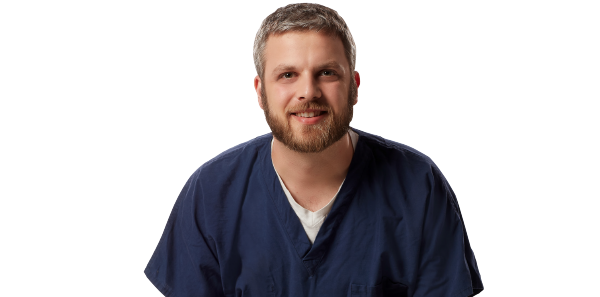
On a Better Path
Why am I telling you this? Because back then, I needed to hear it myself. At local and national meetings, I’ve begun finding myself in conversations with people about their anxiety, depression, and SSRI use. Frankly, I was shocked how many there were. Like me initially, they didn’t talk about it publicly either. But knowing that people around me also had their own struggles was invaluable to my own mental well-being. I shouldn’t have been surprised: As many as 60 percent of people in our profession experience some level of burnout due to work.3 I’m sure there are more people out there struggling than you or I know about. You might be struggling right now.
Explore This Issue
ACEP Now: Vol 40 – No 08 – August 2021I still work at this. Some days are better than others. COVID-19 was a big blow, but having been in therapy for the two years prior made it much more manageable. I increased my therapy, reminded myself of my grounding while on shift, made a ritual around personal protective equipment usage, and subsequently felt more in control.
During the pandemic, my family moved cross-country, and I started my first job as an attending. This obviously wasn’t easy either, but I had tools to manage. Being postresidency means I have more time for the things I love to do outside of the department, even if most of them relate to my work in the emergency department. During residency, I had to block that time out more intentionally. No one should fear asking for the time off they need to be themselves, but make sure you’re willing to pitch in to help others whenever they need time.
The biggest surprise to me was the ability for people around me to notice my progress. Yes, my wife knows when I’m having a good day or a bad day; she lives with me every day. After about six months of therapy and medication, one of the interpreters where I trained said that he was glad to see my smile back. This entire time I didn’t think anyone else around me noticed I was struggling. Let that be a reminder—just because someone isn’t saying something doesn’t mean they don’t see it. Just because you think you’re passing doesn’t mean you are. The people around you every day see you; they want you there, and they want you to be happy, even if they haven’t found the way to verbalize it yet.
In the end, take time, find your joy, and, most of all, reach out for help. No one learns emergency medicine alone, and no one will conquer their mental health struggles alone either.
Pages: 1 2 3 | Single Page





No Responses to “Mental Health Crisis Shows Emergency Physician the Importance of Getting Help”